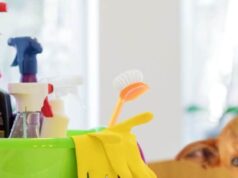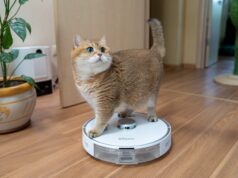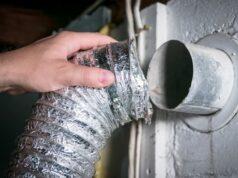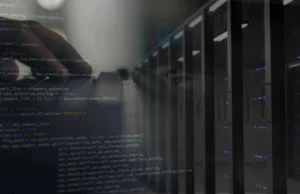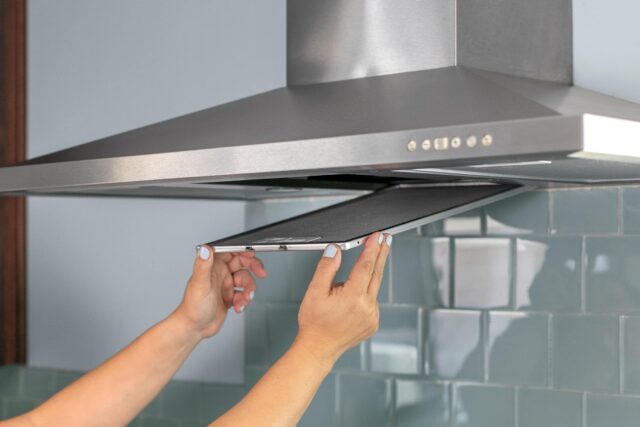
Aside from the stove and grill, one of the integral parts of the kitchen is the exhaust hood. However, just installing a hood is in no way enough to ensure that the kitchen is a safe space to work in. The whole exhaust system needs to be cleaned thoroughly. That way, your ventilation is the best it can be, the fire hazard is at the minimum and there’s nothing to worry about.
A lot of people aren’t really sold on regular cleaning and maintenance of the exhaust system, so, it might be a good idea to go over some basics. Today, we’re going to talk about the most important things in regards to exhaust systems and why and when it should be cleaned.
1. What Is The Exhaust System?
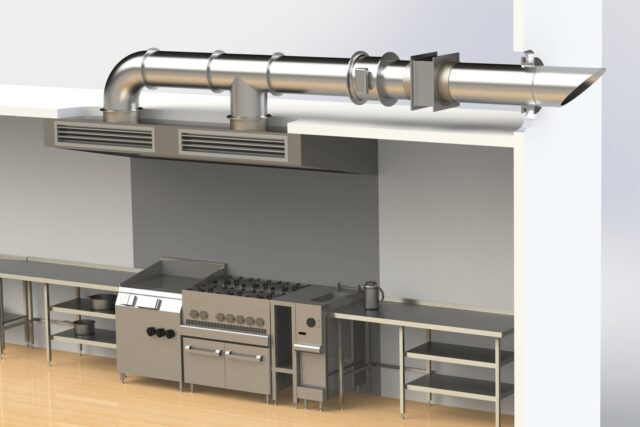
Although it is pretty self-explanatory, let’s take a look at what hood cleaning actually is. In every kitchen, especially commercial, there is a device known as the exhaust hood. It’s an amazing machine that is placed on top of your stove, fryer, grill, or any other kitchen appliance that you cook, grill, or fries on. What it does is, it collects smoke, grease, and odors that are released and it traps it inside the system. This is especially useful in fast-food restaurants where there’s a lot of frying. All of that smoke is sucked out of a room and into a vent.
2. Why Do You Need To Clean It?
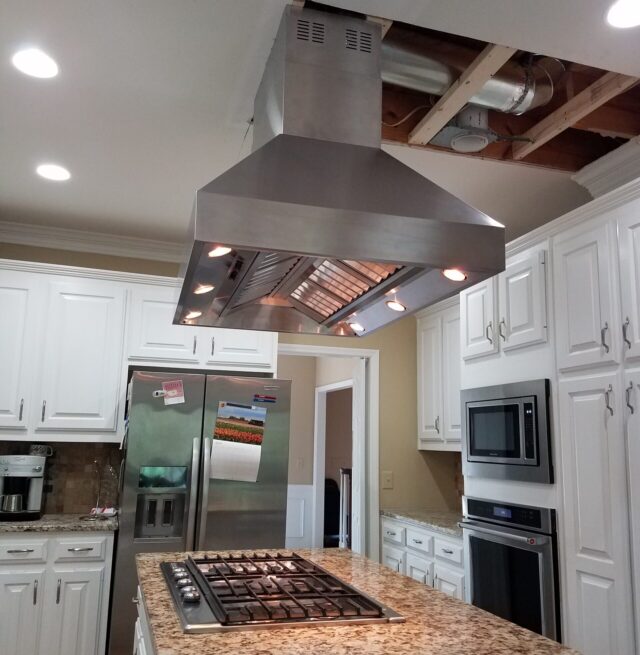
However, the smoke and grease-ridden air does not just vanish once it’s removed from the kitchen. A lot of it tends to stick around inside the system and build up over time. if that is left neglected and untreated, it can cause some serious problems. Trapped grease can easily catch on fire if heated up enough, resulting in enormous damages.
That is where hood cleaning comes to the rescue. By regularly cleaning and maintaining the system, you ensure a healthy, fire-hazard-free work environment. Additionally, all of this is regulated by laws and regulations, which require a business owner to properly clean and maintain the exhaust system, so that the accidents never happen.
3. Do Non-Commercial Kitchens Need Hood Cleaning?
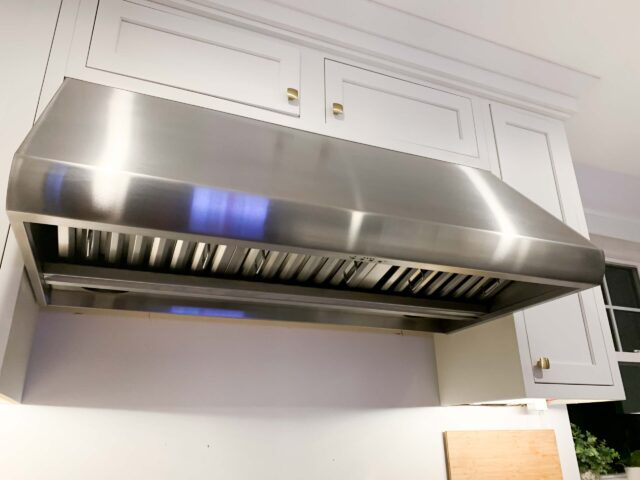
Yes, you should clean your home appliances, too. However, what we’re talking about here are the commercial establishments that prepare a lot of food, for a large number of people. As we’ve said, all of this is regulated by laws and codes, more precisely the NFPA 96 code. Now, if you have doubts about whether you should hire a professional cleaning crew or not, you could consult with www.premiergrease.com/hood-cleaning.html. However, the general rule of thumb is that any facility, such as a restaurant, cafeteria, prison, school, or hospital, that serves a lot of people and cooks a lot of food on a daily basis, should have their exhaust systems regularly inspected and cleaned.
4. How Do You Know Whether Need To Clean It?
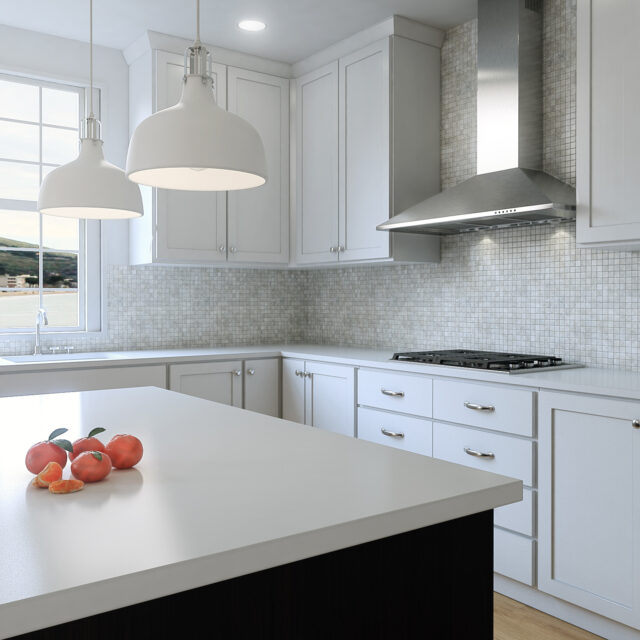
One of the most often posed questions is how do you know that it is time to clean. There are standardized times for different facilities and we will get to those later, but for now, let’s focus on the basic tell-tale signs. An industry standard for the clean exhaust system is – bare metal. That means – no build-up of any kind, no residue, and no dirt inside the vents. Therefore, if you go and inspect the system and it looks like there’s dirt, grease, or any other build-up it can be cleaned.
Naturally, the bare-metal state will not last for long, however, with every cleaning it should revert back to that. That means it has been properly cleaned and you can move on with your business as usual.
5. How Many Access Points To The System You Need?
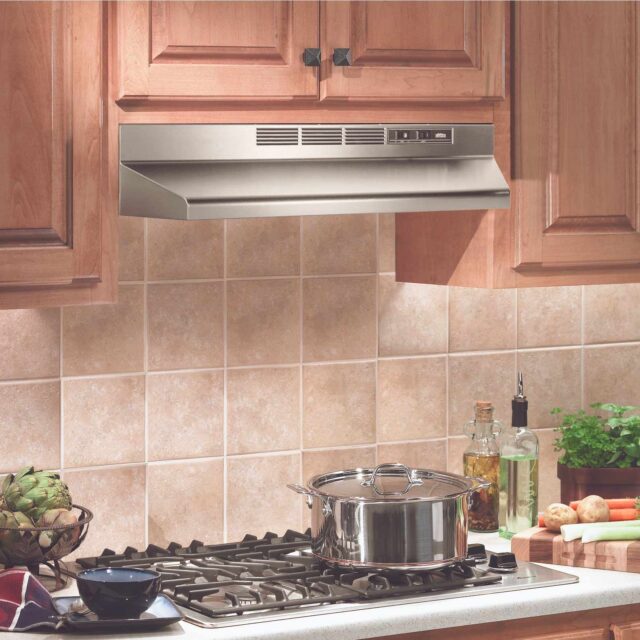
In order to clean the whole system as efficiently and as well as possible, there should be multiple access points. Unfortunately, that is not always the case, so pay attention during the installation of the ductwork for the exhaust system and ask about the access doors. The general rule of thumb is that there should be an opening every 4 meters horizontally and at least one on every floor. That way, you ensure accessibility to every part of the ductwork so it can be adequately cleaned.
6. Is Any Documentation Required?
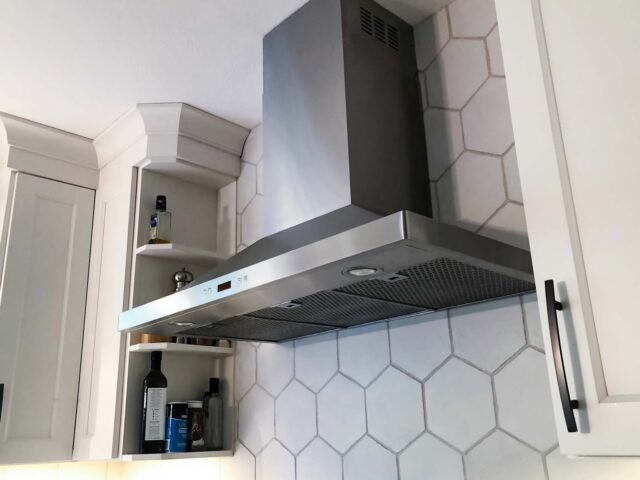
As far as any documents go, you don’t have to do anything other than save the certificates and documentation you receive from the cleaning service professional. After the cleaning, you should receive a certificate stating the service company name, the cleaning person’s name, and the date of inspection and cleaning. In case some of the areas of the system were inaccessible, therefore impossible to clean, you should receive a written report regarding that, too.
7. How Often Should It Be Cleaned?
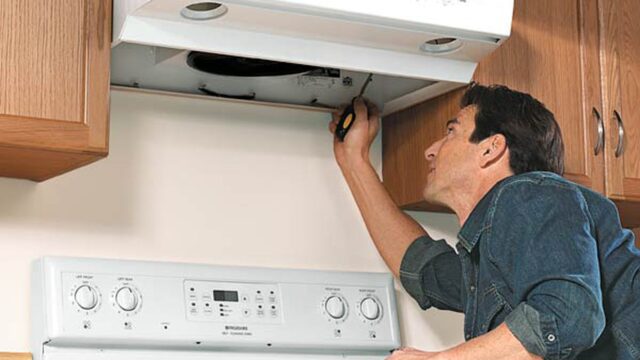
As we’ve said, if you see any residue upon inspection that means you could call a cleaning crew if you wanted to. However, that would mean cleaning the vents almost twice a week and that is just ludicrous.
To save you from the hassle of inspecting the system every couple of days, a certain guideline has been made. By following a few simple rules, you can deduct how often should you call up a cleaning service based on what it is that you’re cooking and how often.
Monthly
Monthly cleaning is reserved for fast-food restaurants, ’round the clock diners, or wood/charcoal burning stoves and ovens – pizza ovens for example. If the cooking, grilling, and frying never stop, or you use highly caloric fuel such as charcoal – clean it once every month.
Quarterly
An average restaurant or a kitchen, meaning 16-hour operating time per day and average volume, should perform the clean-ups every two to three months.
Once Or Twice A Year
This applies to facilities that use their kitchen seasonally – for example, church camps. If the kitchen is being used for a month or two every year, it can be cleaned once a year. Also, if a kitchen isn’t using grease or oil or it has a plant-based cuisine, once or twice a year should be more than enough to keep the ductwork clean.
Hopefully, this was informative enough and you’ve learned a thing or two. Ensuring the safety of the workplace should be the number one priority in every kitchen.

